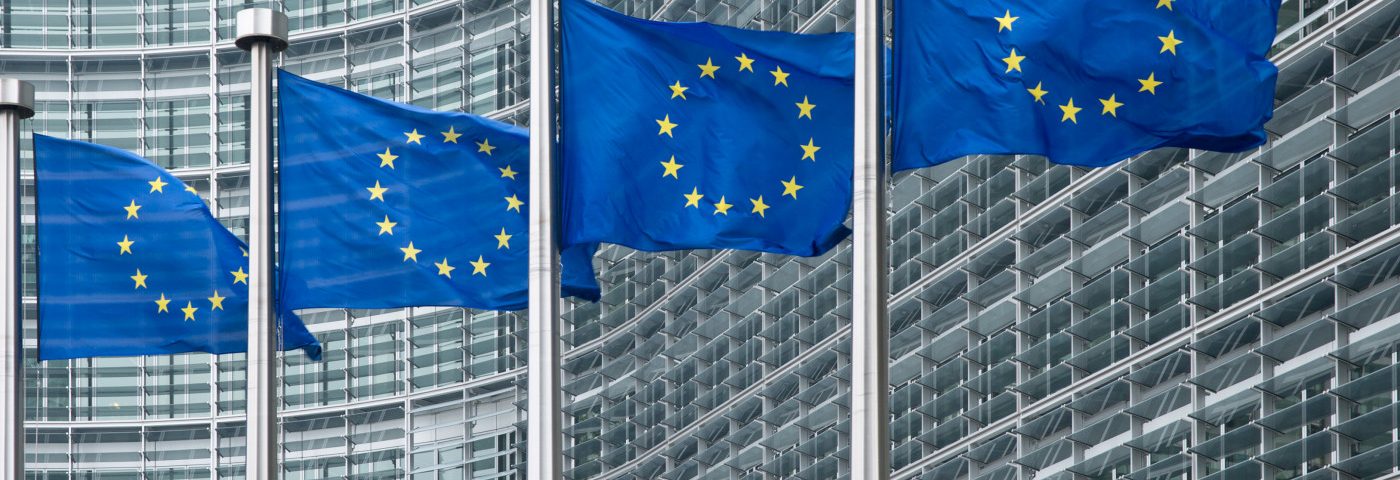A European Medicines Agency (EMA) committee has recommended that the age range of Fycompa (perampanel) be expanded in the European Union (EU) to include children 4 and older with focal-onset seizures and those 7 and older with primary generalized tonic-clonic seizures (PGTCS).
In the EU, Fycompa — available in tablet and oral suspension formulations to be taken once a day — already is approved as an add-on therapy for both types of seizures in children 12 and older.
Small reports and studies have suggested that Fycompa, used in combination with other anti-seizure treatments, may help reduce seizure frequency in people with Lennox-Gastaut syndrome (LGS).
Opinions released by EMA’s Committee for Medicinal Products for Human Use (CHMP) are generally accepted by the European Commission, which makes the final decisions.
If approved, Europe will follow the U.S. and Japan in expanding Fycompa’s age range for focal-onset seizures from 12 years and older to 4 years and older. However, it likely will be the first territory to approve its use for treating PGTCS in children younger than 12.
Fycompa, developed and marketed by Eisai, is an oral anti-seizure therapy approved in more than 70 countries.
While the mechanisms behind its anti-seizure effects are not well-understood, Fycompa is known to block AMPA receptors. These are specific proteins involved in the transmission of excitatory signals between nerve cells in the brain that are implicated in epilepsy. To date, Fycompa is the first and only anti-seizure medication targeting AMPA receptors.
The CHMP’s positive opinion was based on data from a Phase 3 clinical trial called Study 311 (NCT02849626) and a Phase 2 trial named Study 232 (NCT01527006).
The global, multicenter, open-label Study 311 evaluated the safety, tolerability, and effectiveness of Fycompa’s oral suspension when administered as an add-on therapy for about five months in 180 children ages 4 to 11 with inadequately controlled focal seizures or PGTCS.
Results showed that Fycompa’s safety and effectiveness in these younger children were comparable to those previously reported in patients 12 years and older, suggesting its use in children 4 and older. The most common adverse events (side effects) observed in this study were somnolence (drowsiness), common cold, fever, dizziness, irritability, and vomiting.
The multi-center, U.S.-based, open-label Study 232 evaluated the safety, pharmacokinetics (uptake, distribution, and elimination in the body), and effectiveness of the add-on therapy in 63 children with epilepsy, ages 2 to 11.
Participants, grouped based on their age (2–6 and 7–11), were given Fycompa through an oral suspension once a day for about a year.
Final data showed that the therapy’s pharmacokinetics was similar to that reported in epileptic patients 12 and older, suggesting that the same dose given to adolescents and adults can be given to children to achieve effective exposures.
Notably, a greater proportion of children 7 or older (36.4%) were seizure-free at the end of the study, compared with the younger group (27.3%).
The most common adverse side effects observed in this study were fever, upper respiratory tract infection, vomiting, and irritability.
Eisai also is testing Fycompa’s anti-seizure effects in LGS patients through a global, placebo-controlled Phase 3 trial, known as Study 338 (NCT02834793).
The study intends to assess the therapy’s effectiveness in reducing the rate of drop seizures in up to 142 LGS patients 2 or older. Recruitment is ongoing at several clinical locations across the U.S., Europe, Australia, and Asia; more information is available here.
The company also is working on the development of an injection formulation.

